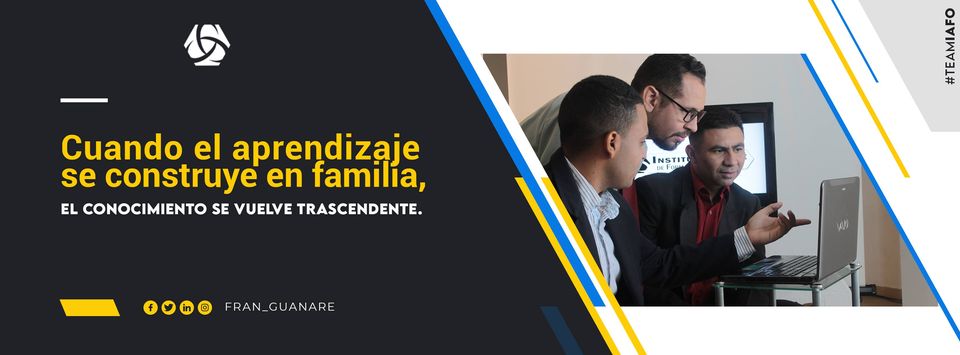Si hay un pasaje bíblico que nos causa fascinación es la anécdota de dos mujeres disputándose a un mismo bebé como hijo. Ellas pidieron al rey Salomón que solucionase el conflicto.
Y lo hizo. Le bastó con anunciar que, para ser justo, partiría al bebé en dos con su espada. El grito de una de las mujeres rogando que no dañase al bebé y renunciando a él para salvarle la vida, identificó a la verdadera madre.
Aún resumido, este relato nos permite contemplar la sabiduría del rey Salomón.
Ahora bien, al quedarnos con este pasaje únicamente, podemos pensar que la vida de este famoso rey, fue siempre de aciertos y grandes decisiones, pero la verdad es que en su complicada vida personal, el Rey Salomón no siempre fue capaz de tomar decisiones tan acertadas.
Esta discrepancia llamó la atención de los psicólogos, quienes acuñaron el término Paradoja de Salomón
Describe la tendencia a razonar más sabiamente sobre los problemas de los demás que sobre los propios.
Esta paradoja define un comportamiento que muchos de nosotros tenemos, somos buenos a la hora de dar consejos, pero somos incapaces de saber qué hacer con nuestra vida. Tanto así que nuestros amigos nos oyen, reflexionan y deciden en función de las orientaciones que les damos.
De allí que esta paradoja sea un sesgo cognitivo social que afecta a personas capaces de una gran sabiduría y buen juicio para aconsejar a los demás, pero incapaces de aplicar esas cualidades para evaluar su propia vida o resolver sus problemas, como afirma Rocío Navarro
El ser humano es virtuoso en opinar y utilizar sus creencias para prestar consejo a un amigo, familiar o allegado. El ser humano suele opinar sobre situaciones que le importan o porque, de alguna manera, surge una identificación con la persona que está padeciendo el problema.
Ahora bien, investigadores como Grossmann y Kross han demostrado que la forma correcta de superar este sesgo para tomar decisiones más sabias, sólo consiste en ponernos en la piel de un “opinador” relativamente neutral.
En definitiva, al igual que el rey Salomón, somos buenos aconsejando, malos decidiendo, capaces de emitir los mejores juicios desde un rol caracterizado por su distanciamiento, pero cuando nos toca a nosotros jugar nuestras propias cartas es fácil que seamos incapaces de decidir o de acertar.
Good at advising, bad at deciding
If there is a biblical passage that fascinates us, it is the anecdote of two women disputing over the same baby as a son. They asked King Solomon to settle the dispute.
And he did. It was enough for him to announce that, to be fair, he would cut the baby in two with his sword. The cry of one of the women, begging him not to harm the baby and giving him up to save his life, identified the real mother.
Even summarized, this story allows us to contemplate the wisdom of King Solomon.
Now, by staying with this passage alone, we may think that the life of this famous king, was always of successes and great decisions, but the truth is that in his complicated personal life, King Solomon was not always able to make such wise decisions.
This discrepancy caught the attention of psychologists, who coined the term Solomon's Paradox]
Describes the tendency to reason more wisely about the problems of others than about one's own.
This paradox defines a behavior that many of us have, we are good at giving advice, but we are unable to know what to do with our lives. So much so that our friends listen to us, reflect and decide based on the guidance we give them.
Hence, this paradox is a social cognitive bias that affects people capable of great wisdom and good judgment to advise others, but incapable of applying these qualities to evaluate their own lives or solve their problems, as Rocío Navarro says
Human beings are virtuous in giving opinions and using their beliefs to give advice to a friend, family member or relative. Human beings usually give their opinion about situations that matter to them or because, in some way, an identification with the person who is suffering the problem arises.
However, researchers such as Grossmann and Kross have shown that the right way to overcome this bias and make wiser decisions is to put ourselves in the shoes of a relatively neutral "opinionator".
In short, like King Solomon, we are good at advising, bad at deciding, capable of making the best judgments from a role characterized by detachment, but when it is our turn to play our own cards, we are easily incapable of deciding or getting it right.

CRÉDITOS
Banner elaborado en PSD con fotos propias y logo de IAFO
Logos redes sociales
Traductor Deepl